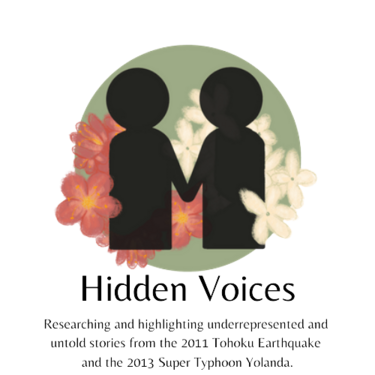This research is graciously funded by the “Opportunity Meets Innovation Challenge” grant.
This project was selected for an award through the “Cultivating Research, Innovation, and Talent” component of the “Opportunity Meets Innovation Challenge” grant award made to Seton Hall University by the New Jersey State Office of the Secretary of Higher Education.
Our Central Research Question:
The global explosion of social media for information exchange, community building, self-expression, and remembrance has been analyzed across disciplines as a complex system of human activity. This area of study has become available to investigators in humanistic and qualitative social science disciplines, often through the bridging framework of digital humanities (DH). Insights from catastrophic disasters in Asia underscore the role of social media in mobilizing aid and contrasting modes of usage across platforms, distinctions shaped by cultural and country-specific structural factors.
We aim to explore the phenomenology of disasters that have persisted as named events in Japanese and Philippine collective memory and recorded as a textual corpus. We ask,
(1) How were the Tohoku and Yolanda disasters culturally framed on social media platforms at home and overseas?
(2) How can tools from history and anthropology be used to identify and amplify content by and on underrepresented, non-institutional voices?
Focusing on two platforms (Twitter, Facebook) and accessed in direct and indirect ways, we seek to collect phenomenologically relevant and ethically sourced textual data that will be queried, analyzed, and consistent with DH practices, shared with the public, and scholarly community.
How Our Project Connects to “Opportunity Meets Innovation”:
This grant’s call for cross-disciplinary and collaborative research sparked a conversation between the primary investigators, faculty in History and Anthropology. In Spring 2020, we engaged in an informal teaching collaboration where social science students explored material in the Harvard Japan Disasters Archive (JDA) using questions framed by a historian. What began as an exercise providing students with hands-on experience with real-world inquiry became a proof-of-concept framework providing theoretical and methodological insights into the textual analysis of thematic social media content, especially as it unfolded during the explosion of the Covid19 pandemic.
Drawing on our respective specializations, our continuing engagement with the university’s digital humanities (DH) initiatives, and our affinities with memories of living with natural disasters, we identified the need to generate public, ethically sourced, and qualitative data sets that facilitate this interdisciplinary and phenomenological inquiry. Requiring both faculty and student project personnel to learn and assess computer-aided tools and software in gathering and analyzing textual information, the project supports a collaborative sandbox research model that has the potential to draw in broader participatory research. With the faculty as two academics of Asia, we have also adapted to the realities of research during the Covid19 pandemic. This project is therefore designed to be feasible and adaptable to public health restrictions that limit our mobility.
Our Project aims to:
1. Generate qualitative data sets drawn from digital content on Twitter, Facebook, and the Harvard Japan Disasters Archive generated by populations affected/afflicted by Tohoku and Yolanda disasters with emphasis on historically underrepresented sectors.
2. Learn, apply, and assess computer-assisted tools for text mining (such as R) and qualitative data analysis (such as Delve) that are designed for the humanities and humanistic social sciences.
3. Extend insights from the pilot in ANTH/SOCI 2912, a qualitative research methods class, to build out a framework that will enable broader participation in culturally informed phenomenological research inclusive but not limited to students and faculty within a sandbox-style research environment.
4. Disseminate collaborative learning research processes and scholarly outcomes via a blog/website, via the Petersheimacademic expo, via data deposits in the Seton Hall e-repository as well as international peer-reviewed conferences or publications.
